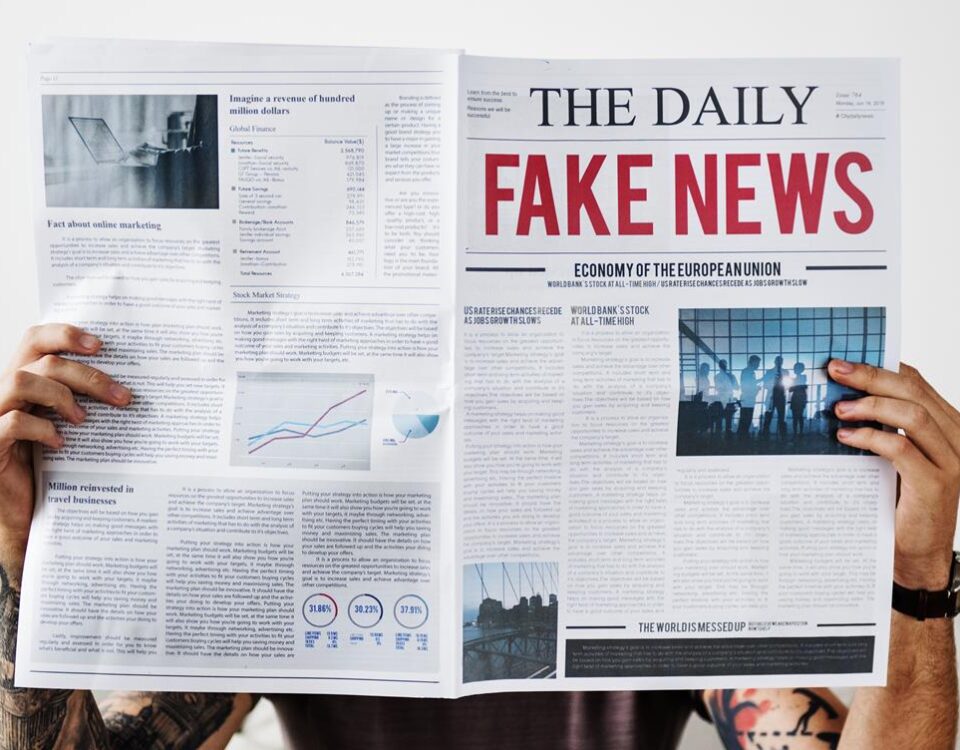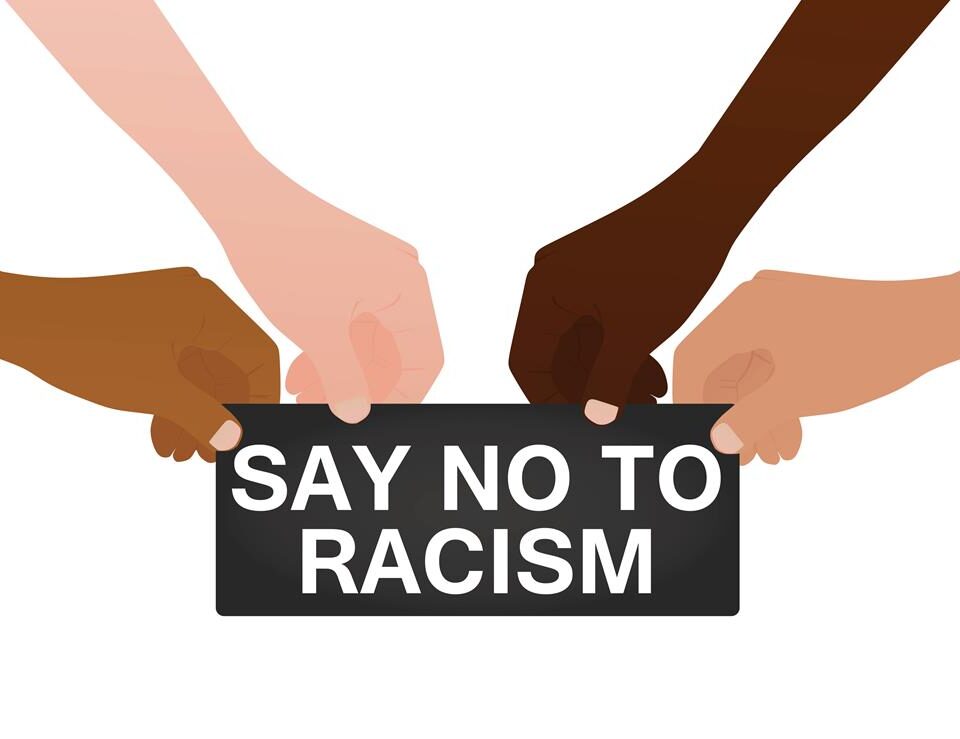
Understanding The One Reason Trump Won
December 11, 2024
Dishonesty: Karine Jean-Pierre vs. Jen Psaki
December 12, 2024Misplaced Honor: Caitlin Clark’s TIME’s Athlete of the Year
Caitlin Clark’s rise as a women’s basketball superstar has brought immense attention to the sport and sparked significant criticism about her influence on sports and culture. While she has earned acclaim for her talent and competitive edge, some argue that her behavior and the media’s reaction to it have harmed women’s sports and broader societal conversations.
One criticism levied against Clark is her apparent normalization of trash talk and over-the-top displays of emotion on the court. While these behaviors are often celebrated in male athletes, detractors argue that Clark’s unapologetic style sets a problematic standard for young athletes, particularly girls. They worry that her antics such as taunting opponents and celebrating emphatically promote a culture where respect and humility are sacrificed for showmanship and bravado. This trend could lead to a degradation of sportsmanship in women’s basketball, steering it away from its historically collaborative and disciplined image.
Clark’s actions and the response to them have also highlighted glaring double standards in how athletes are judged based on gender and race. Critics argue that her behavior is excused or even celebrated while similar behavior from Black athletes like Angel Reese is met with disproportionate backlash. This discrepancy fuels divisive conversations about race, privilege, and societal expectations in sports. By unintentionally embodying this dichotomy, Clark becomes a focal point of the tension, and some blame her for enabling a narrative where predominantly white athletes are celebrated for behavior others are penalized for.
Another point of contention is that Clark’s style of play and media coverage place disproportionate emphasis on individual success over team achievements. Her ability to dominate games often leads to narratives that glorify her performances while downplaying the contributions of her teammates. Critics argue this focus reinforces a growing culture in sports that idolizes individual stars at the expense of collective teamwork, undermining the values that many believe should be central to athletics.
Clark’s rise has also been accompanied by the increasing commercialization of women’s basketball. While this brings much-needed attention and funding to the sport, critics worry that it skews focus toward marketable players like Clark at the expense of others, particularly athletes from less visible backgrounds or smaller schools. This emphasis on star power risks turning women’s sports into a mirror of men’s professional leagues, where the brightest stars overshadow broader talent pools.
Finally, Clark’s rise and the controversies surrounding her have polarized fans and commentators. While some celebrate her as a symbol of progress and empowerment, others argue that she represents a cultural shift toward individualism and sensationalism that undermines the integrity of sports. Her story, while inspiring to many, also serves as a flashpoint for debates about how female athletes should conduct themselves and whether the values of respect and sportsmanship are being eroded in favor of entertainment and personal branding.
In sum, Caitlin Clark’s impact on sports and culture is multifaceted, but her polarizing presence raises valid concerns about the direction of women’s basketball and sportsmanship as a whole. For some, her actions and the narratives surrounding her have created a ripple effect that challenges the traditional values of the game and society.
Taking a knee and bowing down to the DEI culture has upset another group of Americans for other obvious reasons. Making Clark athlete of the year is misplaced and wrongheaded. Juan Soto landing the biggest sports contract in the history of all sports of $765 million with the New York Mets would undoubtedly meet Athlete of the Year status. Clark is a leftist politically correct misunderstanding of making it to the top of the heap in sports.
C. Rich
CRich@AmericaSpeaksInk.com

C. Rich is the voice behind America Speaks Ink, home to the America First Movement. As an author, poet, freelance ghostwriter, and blogger, C. Rich brings a “baked-in” perspective shaped by growing up on the streets and beaches of South Florida in the 1970s-1980s and brings a quintessential Generation-X point of view.
Rich’s writing journey began in 2008 with coverage of the Casey Anthony trial and has since evolved into a wide-ranging exploration of politics, culture, and the issues that define our times. Follow C. Rich’s writing odyssey here at America Speaks Ink and on Amazon with a multi-book series on Donald Trump called “Trump Era: The MAGA Files” and many other books and subjects C. Rich is known to cover.
“America Speaks Ink is a Google News approved source for Opinion”





